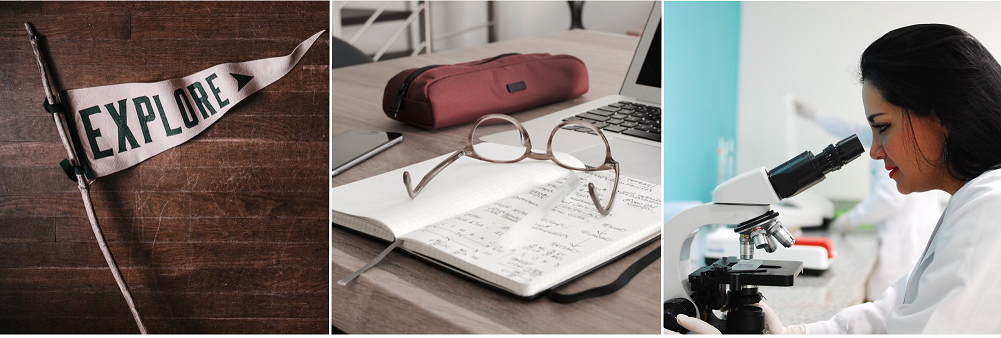מחקר

We study the social and cognitive aspects of learning through human interaction, combining experimental and descriptive research methods. We ask questions such as: What characterizes interactions that are associated with individual learning gains? What are the specific social and cognitive processes that produce these gains? How can these processes be facilitated (or inhibited) by different types of instructional support and design? How do learners interact in different communication media and do those differences affect the potential for learning?
Prof. Christa Asterhan's personal website
Higher Order Thinking and Metacognition
Our research group studies two main areas:
Higher order thinking and metacognition in learning and instruction
Our research in this area examines issues related to learning and teaching to think in various school disciplines.We focus on the contribution of metacognitive knowledge for the development of students’ higher order thinking strategies, and on the challenges involved in thinking- rich learning. We also study the knowledge teachers and pre-service teachers need in order to teach students to think, and the nature of professional development processes in this context.
Scaling up instructional innovations
Although researchers currently understand how to construct innovative ways of learning and teaching that work well on a small scale, they are still grappling with the challenges involved in scaling them up across a large number of schoolsand programs. We are investigating these challenges by examining processes of large -scale implementation of higher order thinking and metacognition.
Research group: Learning, Discourse, & Innovative Pedagogy in 21st Century Schooling
Prof. Yifat Ben-David Kolikant
The work in my group is devoted to theorizing teaching and learning in the age of globalization and digitalism, an age characterized by the ubiquity of digital technology, an information explosion, pluralism, rapid changes, and frequent encounters with myriad viewpoints, some different from and conflicting with one’s own. Employing various methodological approaches, including discourse analysis and mixed methods, recent research projects within my group can be classified into four cohorts: (a) fine-tune examination of teachers’ learning and transformation within innovative professional developments; (b) critical examination of various aspects of attempts for techno-pedagogical reforms (e.g., the national ICT reform, the reaction to the COVID 19); (c) investigation of the influence of the presence of the Internet in our lives on on teachers and students (e.g., how do religion influences teachers attitudes towards pedagogical use of the internet; how do social network sites influence the curriculum as well as learning and teaching processes of computer science in universities and colleges? How the existence of the internet outside school influences students’ schooling and attitudes towards school? ) (d) characterization of effective learning environments, suitable for the 21st century, for example (d1) what has the field of Ed-Tech has to offer school, if at all? (d2) What learning occurs in social network sites (such as Reddit) and how can we utilize it to school? (d3) how can we effectively enact inclusive pedagogy in schools? (d4) (how) can we build on students’ diversity? (d5) How can we narrow underrepresentation of various social groups (e.g., women, Haredi) in (computer-related) formal studies.
STEM (Science, Technology, Engineering and Mathematics) and Teachers Education
In the area of STEM (and physics education in particular), our group studies teaching Quantum physics in high school; values of physics teachers; and the professional learning community and its effect on students.
We also study aspects of the interplay of physics and mathematics in the context of physics teaching; Aspects of the Energy concept: its conceptualization, construction and knowledge diagnosis; Physics and Mathematics teachers' (pre- and in-service) professional development as mentors of their peers, focusing on the teachers' pedagogical-content knowledge and using authentic classroom evidence.
